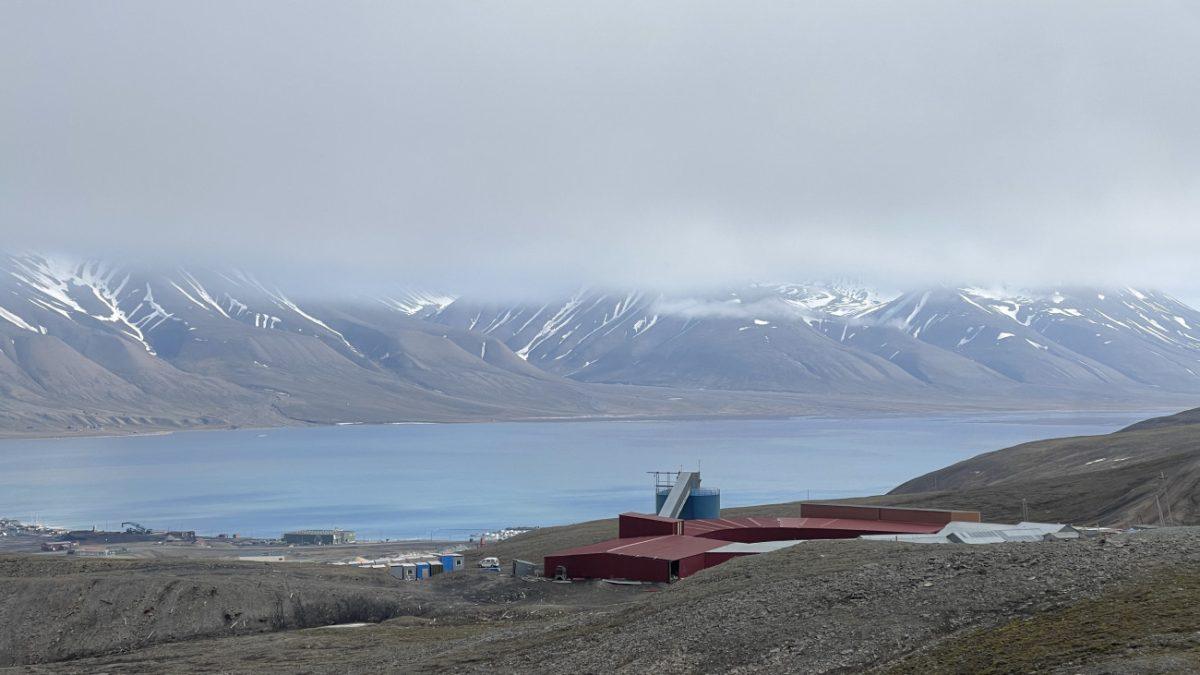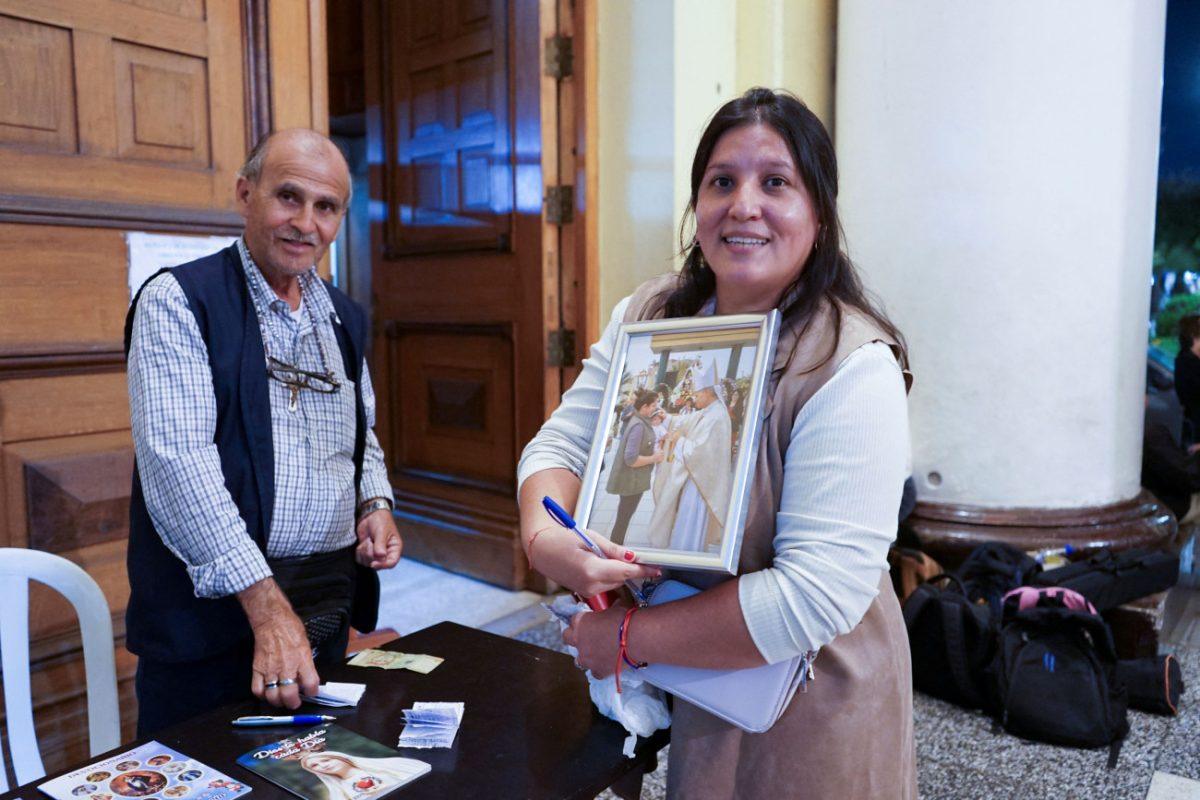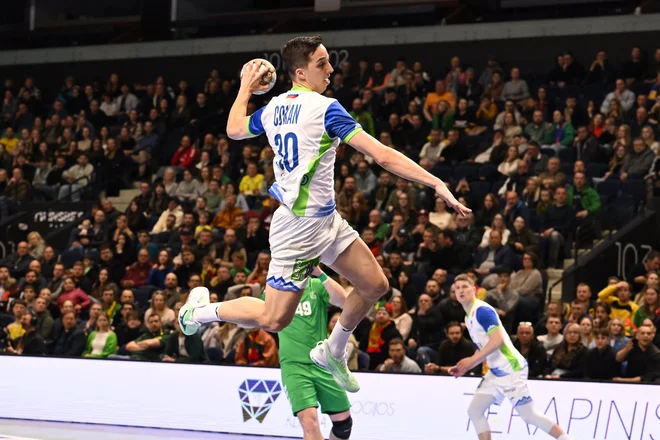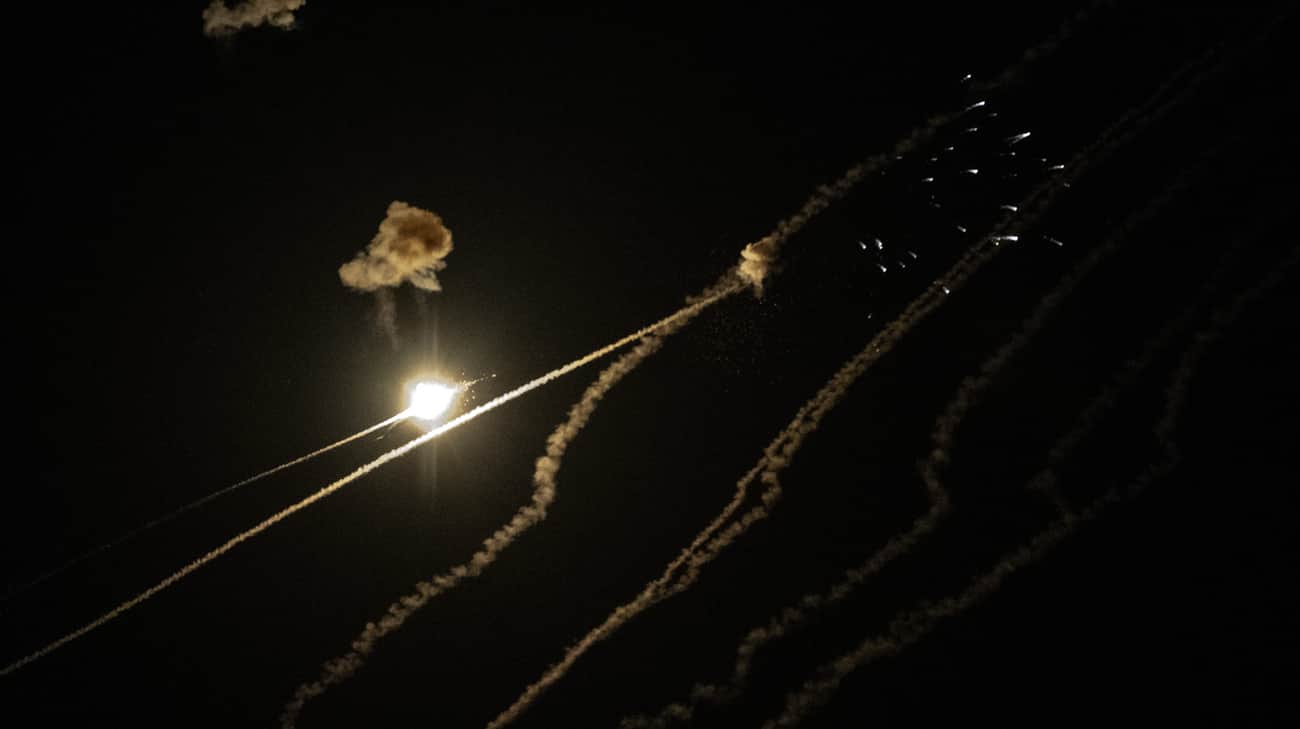Vladimir Putin: After 25 years in power, what will happen to the Russian president?

When Russian President Vladimir Putin grew up in Leningrad he and his friends were chasing rats.
One day, a huge rat that had suddenly crammed attacked the young Vladimir and chased him up to his room.
« I learned a quick and unforgettable lesson about the meaning of the word ‘cramped’, » Putin said in an interview.
Kremlin observers ended up in a common view: Putin identifies with the cramped rat, who is forced to attack when he believes he is in danger, According to Al Jazeera.
‘Resistance and endurance’
Putin was born in 1952, seven years after the end of World War II, a time when the wounds of loss were still fresh.
In 1975 he decided to serve his country from the shadows – he enlisted in KGB just two years after graduating from the Leningrad Law School of Law.
The image of a « cool, unusual » spy and the need to prove its value probably prompted him to join the KGB, said in exile opposition politician Genady Gudkov, who served in the service in the 1980s.
« He’s a pretty smart man. He passed all the exams to enter the spy academy. All those who entered this institution passed many, many serious memory and psychological stability exams, « Gudkov said.
Putin’s psychological profile described him as emotionally distant, with a « reduced sense of danger » and tend to take risks.
The collapse of communism
As a fluent speaker in the German language, Putin was sent to Dresden, East Germany in 1985.
East Germany, occupied by the Soviet Union after World War II, was, like much of Eastern Europe, a marionette subordinate to Moscow.
But in 1989, everything changed.
Putin saw communism collapse as the revolutions spread and overturned governments throughout the Eastern bloc.
This experience created a deep suspicion towards popular movements, revolutions and revealed what could happen if Moscow was weak.
Russia after the Soviet Union
In January 1990, Putin, then 37, returned to a Russia very different from what he had left.
Moscow, once the capital of the Communist International, now brought a symbol of capitalism: McDonald’s, which had just opened its first restaurant there.
The Soviet Union was dissolved, its 15 democracies, including Russia and Ukraine, followed separate paths.
In the meantime, the sudden transition to uncontrolled capitalism caused an economic collapse, plunging the population to poverty.
At the same time since the late 1980s, mobsters and oligarchs occupied Russia’s free economy through direct plans for privatization, gang shots and other illegal means.
The beginning of his career policy
Returning to St. Petersburg, Putin found a job as an international link in the office of the mayor under his former professor, Anatoli Sobtsak, who eventually promoted him to a deputy mayor in 1994.
Under his guidance, Putin learned the secrets of politics and introduced himself to the upper part of power.
In 1996, he moved to Moscow, built a network of contacts in the circle of advisers and confidentialists of then President Boris Yeltsin.
Two years later, he was appointed head of the Federal Security Service (FSB), the main successor of KGB.
Having proven his value and won the favor of Yeltsin, he was appointed prime minister in 1999.
His rise to power was enthusiastically supported by the oligarchs, who in the mid -1990s were the ruling class.
The first term
On December 31, 1999, Yeltsin has unexpectedly announced his resignation from the presidency.
Putin, as an alternate president, took over the reins of the country, assuring the nation that there would be no vacuum of power.
Soon, he became the most popular politician in Russia.
In his manifesto, he condemned Russia’s decline in the 1990s and underlined the importance of stability and a strong, central state.
The principle of Putin’s presidency also coincided with the increase in oil prices, which drastically improved the quality of life in Russia after a decade of poverty.
But the oligarchs who thought they could manipulate Putin as a puppet made a terrible mistake.
Creating enemies
On July 29, 2000, bulletproof limouzes carried 21 of Russia’s richest men to Kremlin, where, sitting around a huge table, Putin told them, without spin, not to get into his plans.
Over the years, it was not just the oligarchs who had to be afraid of Putin.
His opponents and critics were suspected of being suspected or premature.
Alexander Litvinenko, who accused the FSB of directing bombings in apartments in 1999, was deadly poisoned in London in 2006.
Journalist Anna Politkovskaya, who revealed the atrocities in Chechnya, was assassinated with shots on the staircase of her apartment in 2006.
Opposition politician Boris Nemtsov was assassinated with shots outside the Kremlin walls in 2015.
Jovgeni Prigozin, the revolutionary leader of the Wagner’s mercenary team, was killed in a seemingly grenade explosion on his plane in 2023.
Fears of status change
At the beginning of his presidency, Putin saw common ground between the « war against terrorism » of the US and his own campaign against Chechen separatists.
He was the first head of state to phoned US President George Bush after the September 11, 2001 attacks to provide support, he said.
« He tried to find a mutual understanding, » Yavlinsky said. « But it didn’t succeed. »
Relationships deteriorated when it became clear that Washington had its own ideas for the world order.
The US invasion of Iraq in 2003 and Western interventions in countries such as Ukraine and Libya were a red line that the West passed.
Closer to his home country, in 2004 mass demonstrations broke out in Ukraine against elections allegedly in favor of the most pro -Russian candidate, Viktor Yanukovych.
This fact, known as an orange revolution, was regarded by Putin as the West – and in particular the US – in order to undermine Russia’s influence on its neighbors and promote the change of regime.
‘Ukraine was a threat’
So when the Maidan revolution broke out in Ukraine in 2013, overturning then President Yanukovych, Putin performed it in the same way.
The reaction was immediate.
The masked commandos occupied the Crimean peninsula, which was soon annexed to Russia.
Putin also adopted an ideology of indefinitely defined « traditional values », initially in the background of his speech.
He presented Russia as a « patron of conservative traditions against a decadent, liberal Europe/West, » explained Kevork Osanian, a lecturer in international relations at the University of Ephester in England.
On February 24, 2022, after years of alienation from the West, Putin announced the launch of a « special military operation » – the invasion of Ukraine.
« NATO’s expansion to the east, conveying its military infrastructure closer to the Russian border, » was a « fundamental threat » to the security of his country, Putin explained in a television speech.
https://www.youtube.com/watch?v=ASUHX16WLWO
Russia as a great force
In recent years, both the US Secret Services and the Kremlin observers have speculated that Putin’s decisions can be linked to its growing isolation.
Now that Donald Trump holds the White House, there seems to be a possibility of approaching Russia and the US, as Trump seems willing to reconcile the Ukraine issue by removing sanctions or allowing Russia to maintain the occupied territories.
« They understand each other, because Trump’s logic is business and Putin’s logic is extremely pragmatic, and businesses and pragmatism are not far from each other, » Yavlinsky said.
Yavlinski believes that the Russian president is not interested in negotiating with anyone other than the US.
« This is what he is interested in is Russia’s recognition as a big country, » he said.
Gudkov has another theory:
« His main motive is to maintain power in every way. »










